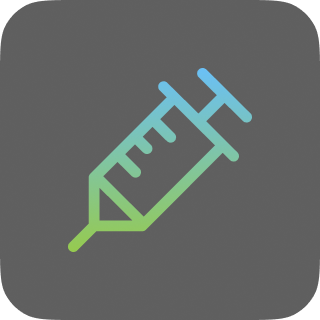The Basics of Growth Milestones
Growth milestones are markers of a child’s physical, cognitive, and emotional development. They serve as a roadmap, helping parents and pediatricians track how a child is progressing compared to typical developmental patterns. These milestones range from a baby’s first smile to a teenager’s growing independence. Understanding these milestones is crucial, as they not only reassure parents of normal development but also help in early identification of potential developmental issues. Regular pediatric check-ups are vital in this journey, as they allow professionals like us at PAK to offer personalized advice and support tailored to your child’s unique growth path.
Growth Milestones from Birth to 1 Year
The first year of life is a period of rapid growth and development. During this time, your baby will hit several key milestones. Initially, they will learn to focus their eyes, turn their head towards sounds, and smile – the first signs of social interaction. As months pass, they’ll start rolling over, sitting without support, and eventually standing or taking their first tentative steps. This period is also crucial for cognitive development; your baby will start to explore the world around them, learning cause and effect, and beginning to understand basic words and commands. Nutrition plays a pivotal role during this stage, as does sleep – both are fundamental for healthy growth. As parents, you can support your infant’s development by engaging in interactive play, ensuring a nutritious diet, and establishing a consistent sleep routine.
Growth Milestones for Toddlers (1-3 Years)
Toddlerhood is a time of incredible exploration and learning. Between the ages of 1 and 3, children make significant strides in mobility and language. They evolve from taking their first steps to running and climbing, and from babbling to forming simple sentences. This is also when they begin to show their personality, develop friendships, and start understanding emotions. At this stage, your child’s world is expanding rapidly, and it’s crucial to create a safe and stimulating environment for them. Encourage exploration but make sure your home is child-proofed to prevent accidents. Language development is key during these years, so engage in plenty of conversation and read to your child regularly. This period can also bring challenges, such as temper tantrums, as your child learns to navigate their emotions. It’s important for parents to remain patient, providing consistent and loving guidance.
engaging, reassuring, and rich with practical advice, aligning well with the values and expertise of our professional team PAK Pediatrics.
Section 4: Preschool Years (3-5 Years)
The preschool years are a time of rapid cognitive and emotional growth. Children aged 3 to 5 are not only refining their motor skills but are also developing a deeper understanding of language, emotions, and social interactions. This is the stage where imaginative play becomes a key part of learning, allowing children to express themselves and understand the world around them. Cognitive development is significant during these years, with children starting to recognize letters, numbers, and showing an interest in reading. Emotional milestones include better expression of feelings and a growing desire for independence. As a parent, you can foster this growth by engaging in educational games, reading together, and encouraging playdates with peers. This is also a time to instill healthy habits and routines that will benefit their long-term development.










